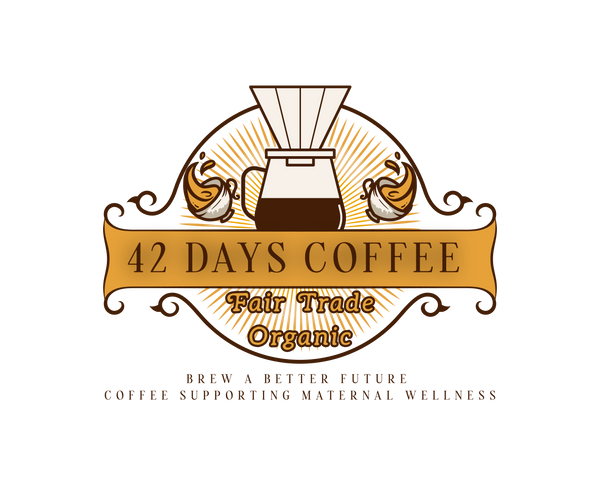
Specialty vs. Commodity Coffee: Understanding the Difference
Share
In the world of coffee, there are two distinct categories that often spark debate among enthusiasts: specialty and commodity coffee. While both serve the purpose of providing a caffeine fix, the nuances that set them apart can significantly impact the overall coffee experience. Let's examine the world of specialty and commodity coffee to understand the key differences and why it matters.
Specialty Coffee:
- Specialty coffee is a term used to describe coffee that is sourced, roasted, and brewed with exceptional care and expertise.
- This category emphasizes quality over quantity, focusing on unique flavor profiles, ethical sourcing practices, and meticulous brewing methods.
- Examples of specialty coffee include single-origin beans, microlots, and direct trade relationships with farmers.
- Specialty coffee often comes at a higher price point due to the increased labor and attention to detail involved in the entire process.
Commodity Coffee:
- Commodity coffee, on the other hand, is mass-produced coffee that prioritizes efficiency and affordability.
- These beans are often a blend from multiple sources, roasted in large batches, and brewed using standardized methods.
- Commodity coffee tends to have a more generic taste profile, lacking the complexity and nuance found in specialty coffee.
- Price is a key driver in the commodity coffee market, with cost-effective production practices leading to lower retail prices.
Key Differences:
- Quality: Specialty coffee offers a higher quality and more unique flavor experience compared to commodity coffee.
- Transparency: Specialty coffee often provides more transparency regarding the sourcing of beans and the relationships with farmers.
- Sustainability: Specialty coffee is often associated with sustainable practices and ethical sourcing, supporting small-scale farmers and environmentally friendly processes.
- Price: While specialty coffee comes at a premium, the price reflects the care and attention that goes into every step of the production process.
Importance of Knowing the Difference:
- Understanding the distinction between specialty and commodity coffee allows consumers to make more informed choices based on their preferences and values.
- Supporting the specialty coffee industry can help promote sustainable practices, support small-scale farmers, and ensure a higher quality coffee experience.
- By opting for specialty coffee, consumers can explore a wider range of flavors, learn about different regions and varieties of beans, and appreciate the craft of coffee making.
Conclusion:
When it comes to coffee, the choice between specialty and commodity can significantly impact your daily cup. By opting for specialty coffee, you not only treat your taste buds to a unique and flavorful experience but also support a more sustainable and ethical coffee industry.
The next time you reach for your morning brew, consider the distinction between specialty and commodity coffee and savor the difference in every sip.

